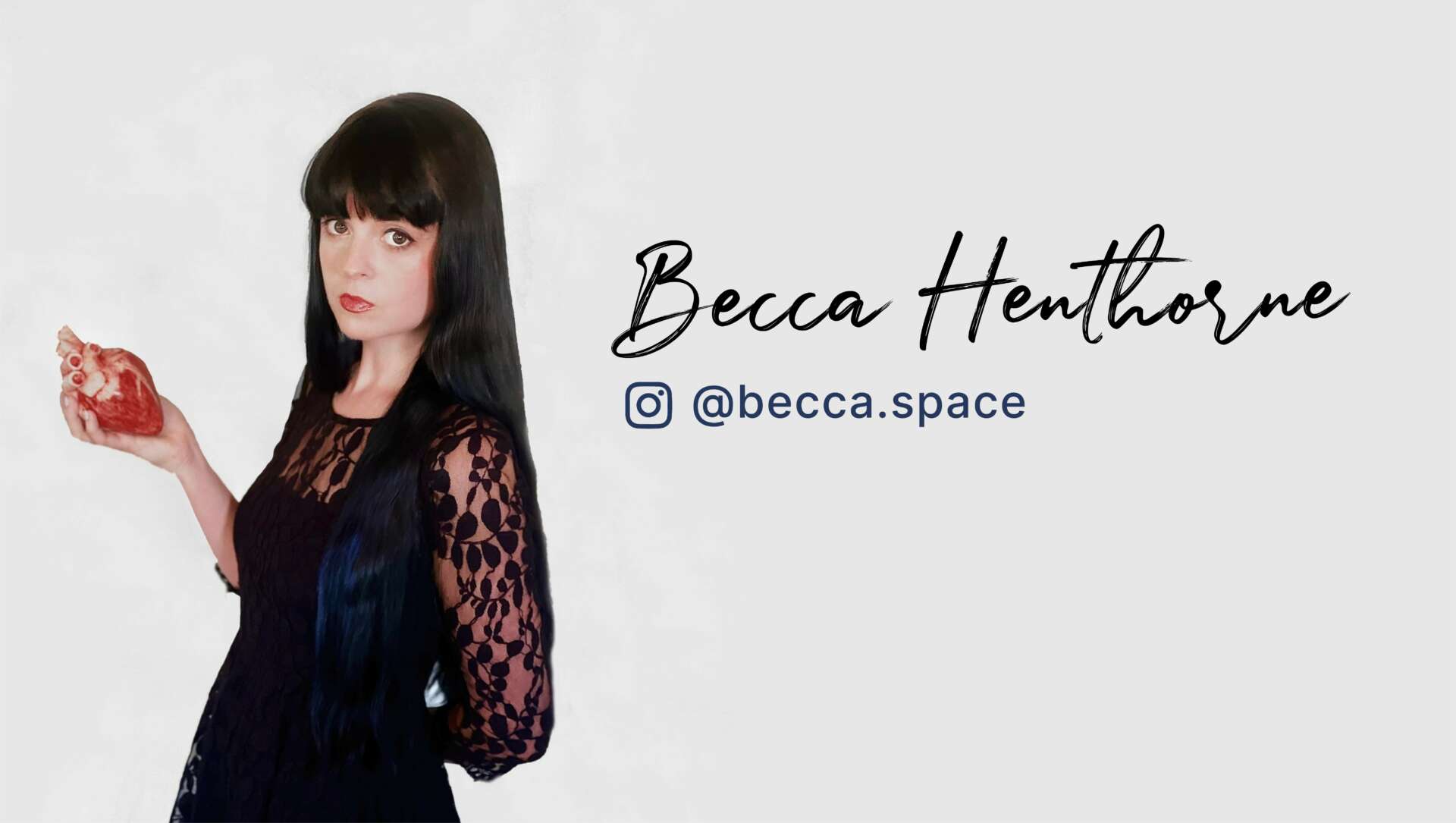We’re excited to introduce you to the always interesting and insightful Becca Henthorne. We hope you’ll enjoy our conversation with Becca below.
Becca, thanks for taking the time to share your stories with us today Can you talk to us about how you learned to do what you do?
I don’t really have a set point in my life when I decided to be an artist. I’ve been creatively inclined since I was very young, and pursuing art was a natural path for me. Learning to paint has been a gradual process of practice and experimentation with different mediums. I eventually fell in love with watercolor. I love the layering effect of the colors and the somewhat unpredictable nature of the water. I also love that watercolor dries somewhat quickly and comes in very travel-friendly pallets that allow me to paint anywhere. Much of my work is done on the road, in coffee shops or bars. I take my art everywhere and I’m constantly learning. I will always strive to be better than I am right now.
Like any skill, I had to practice and work at it over time. I actually have aphantasia (an inability to visualize in your head), and my proclivity towards drawing/painting was likely the way I compensated for that absent part of my mind. While I don’t think it holds me back, I adjust for that in my creative process. It is a misconception that aphantasia means no imagination: I have one, but it’s not visual.
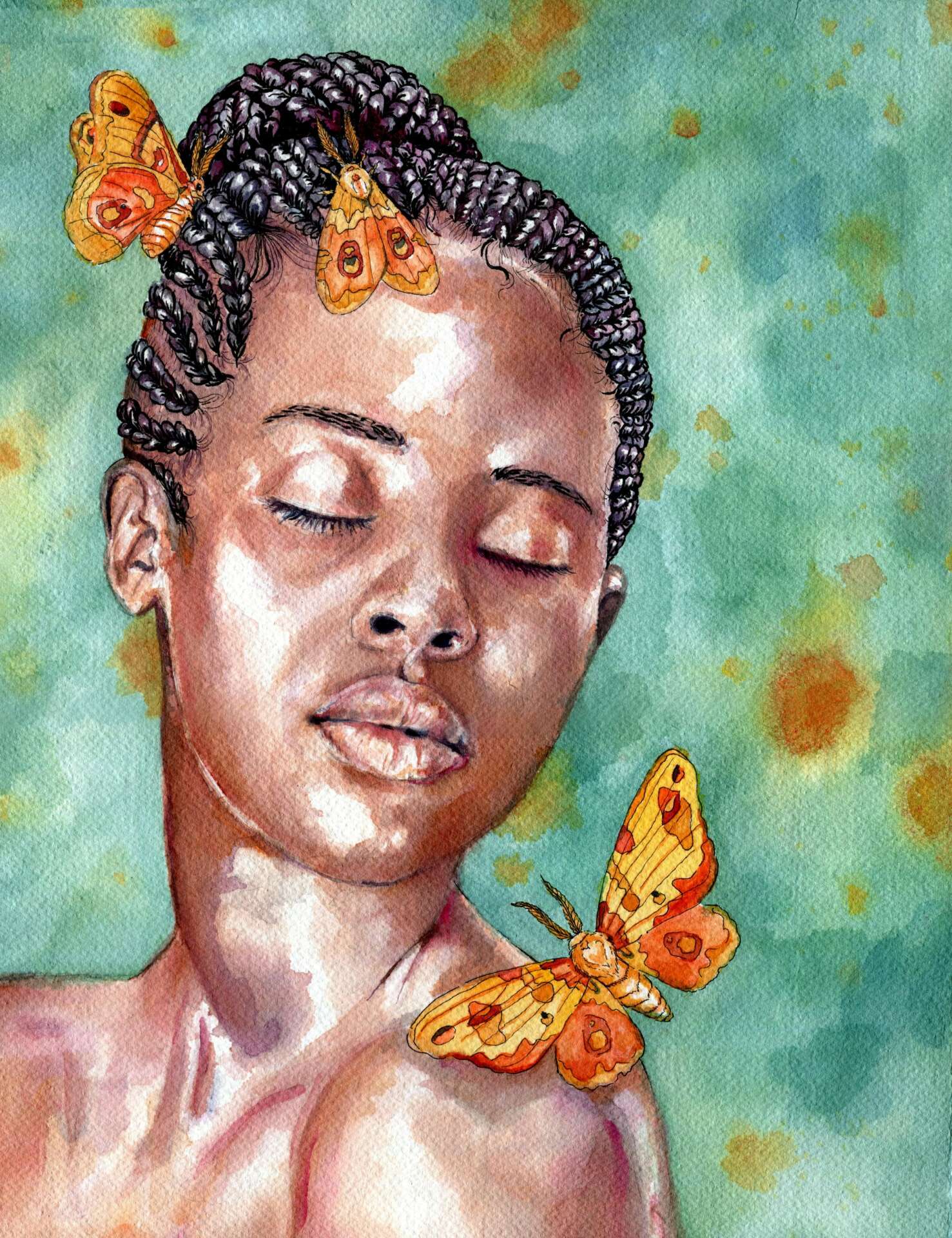
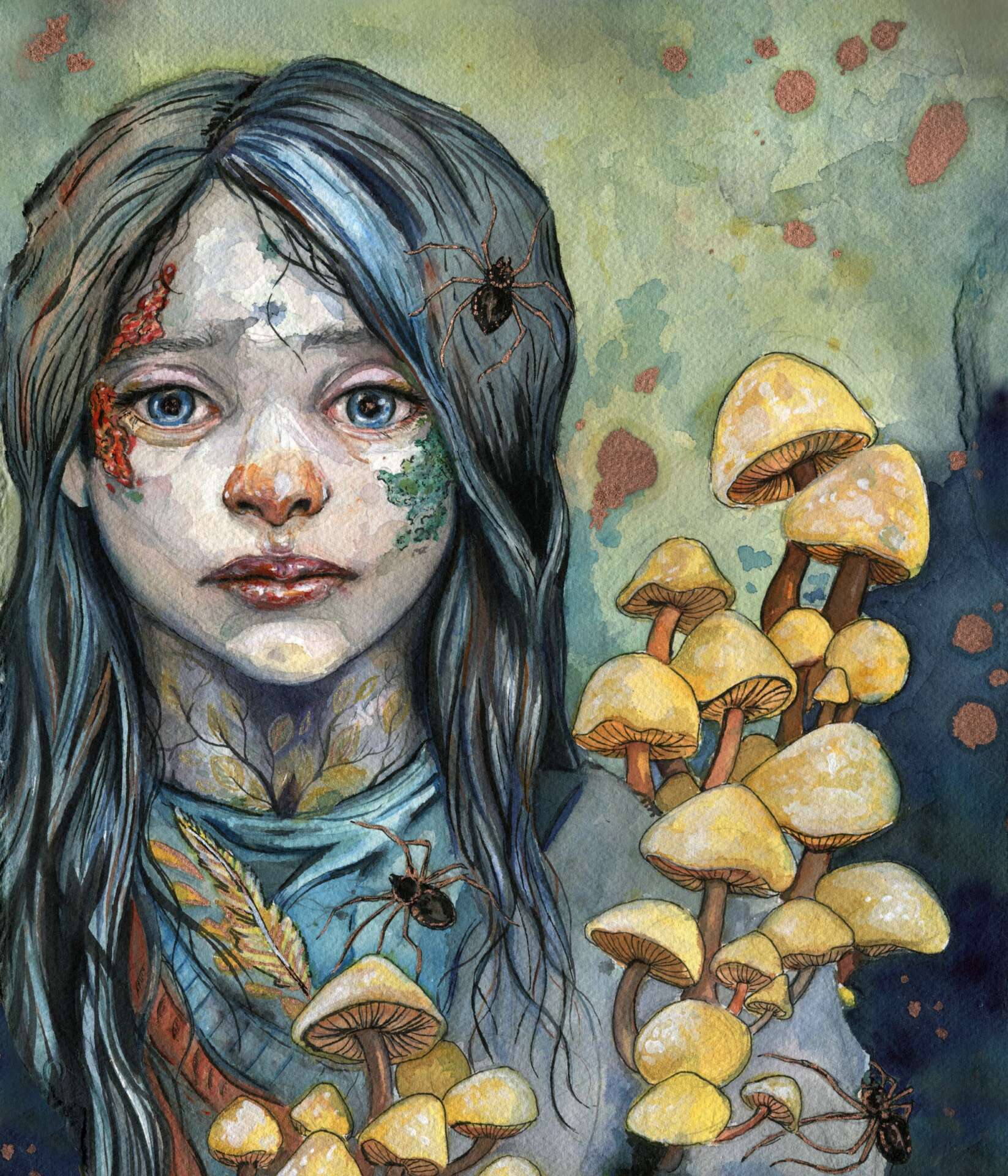
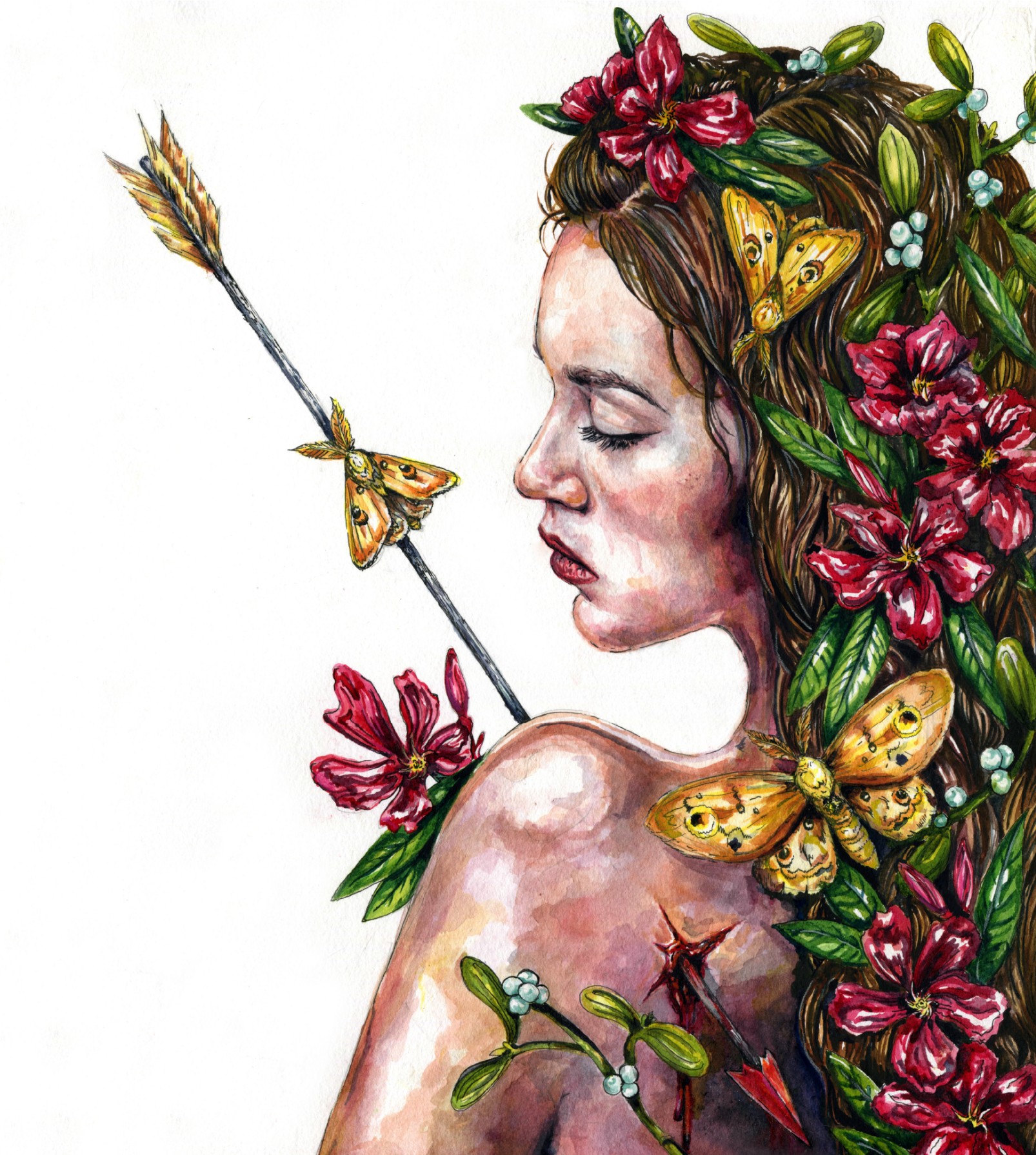
Great, appreciate you sharing that with us. Before we ask you to share more of your insights, can you take a moment to introduce yourself and how you got to where you are today to our readers
My personal approach to art is colorful, whimsical, lightly dark, and rough around the edges. Everything is intentional, but I don’t strive for clean perfection. Much of my inspiration comes from the natural world, folk tales, unloved things, and an inherent fascination with death and mortality. And I mean rough around the edges literally: while it often doesn’t translate online, the majority of my original pieces are painted on torn watercolor paper, and sometimes I even set the edges on fire. More than anything, I love painting mushrooms, moths, and faces. Surreal portraits of beautiful girls or old bearded men.
I didn’t pursue art seriously until after the pandemic in 2020. During the lockdown, I spent a lot of time reflecting on my life and who I wanted to be as a human being. It was a time of real growth for me and in the last couple of years post-pandemic, I have grown my online following and I regularly display my art with multiple galleries. Most recently, I had the opportunity to exhibit at Red Dot Miami during Miami Art Basel. I’m definitely still at the beginning of my journey as an artist, but the response I have had to my work has been incredibly positive and affirming.
What’s the most rewarding aspect of being a creative in your experience?
When I create, it feels like I have a superpower: like I’m tapping into my own personal brand of magic. The process of creating art, whether it be sketching out a new piece or sitting down to paint for several hours, is incredibly personal and therapeutic. My favorite time to create is late at night, the midnight hours when the world is asleep and everything is quiet. Those moments are what make being an artist the most rewarding for me. Also, it’s really wonderful when you see others enjoying your art, when another person feels moved by something you have created. Sharing my work has always felt very personal and support from an audience is incredibly validating.
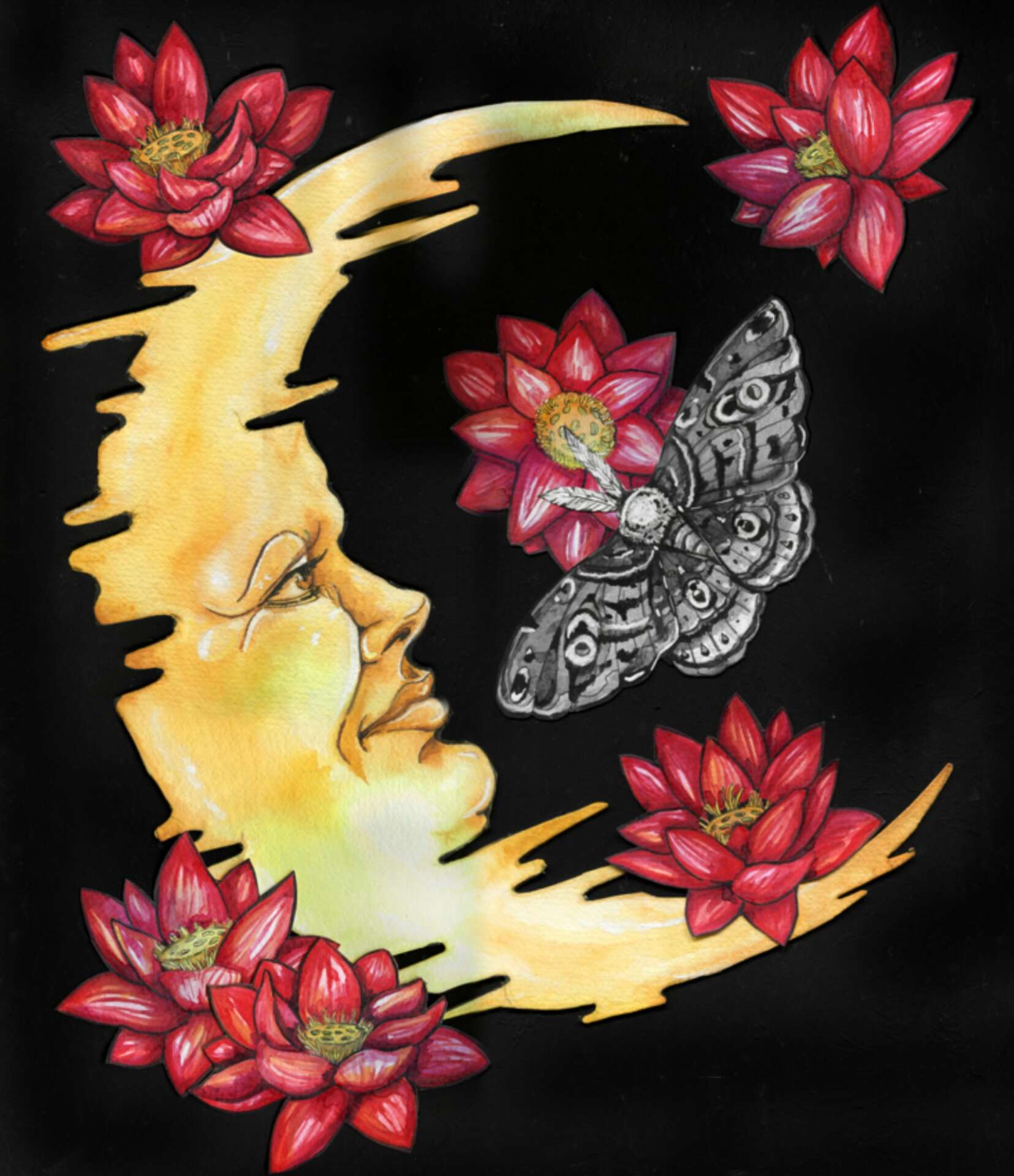
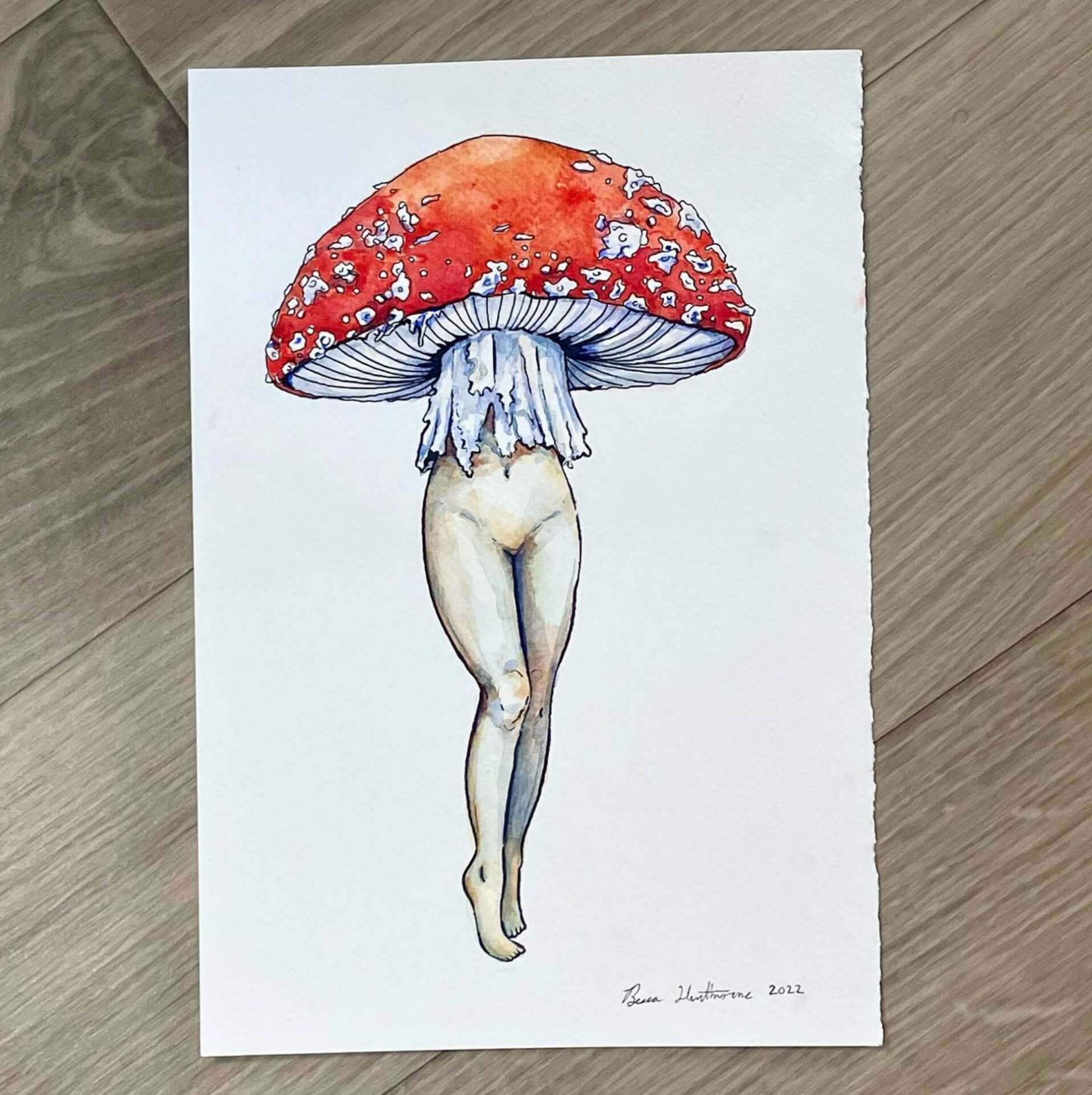
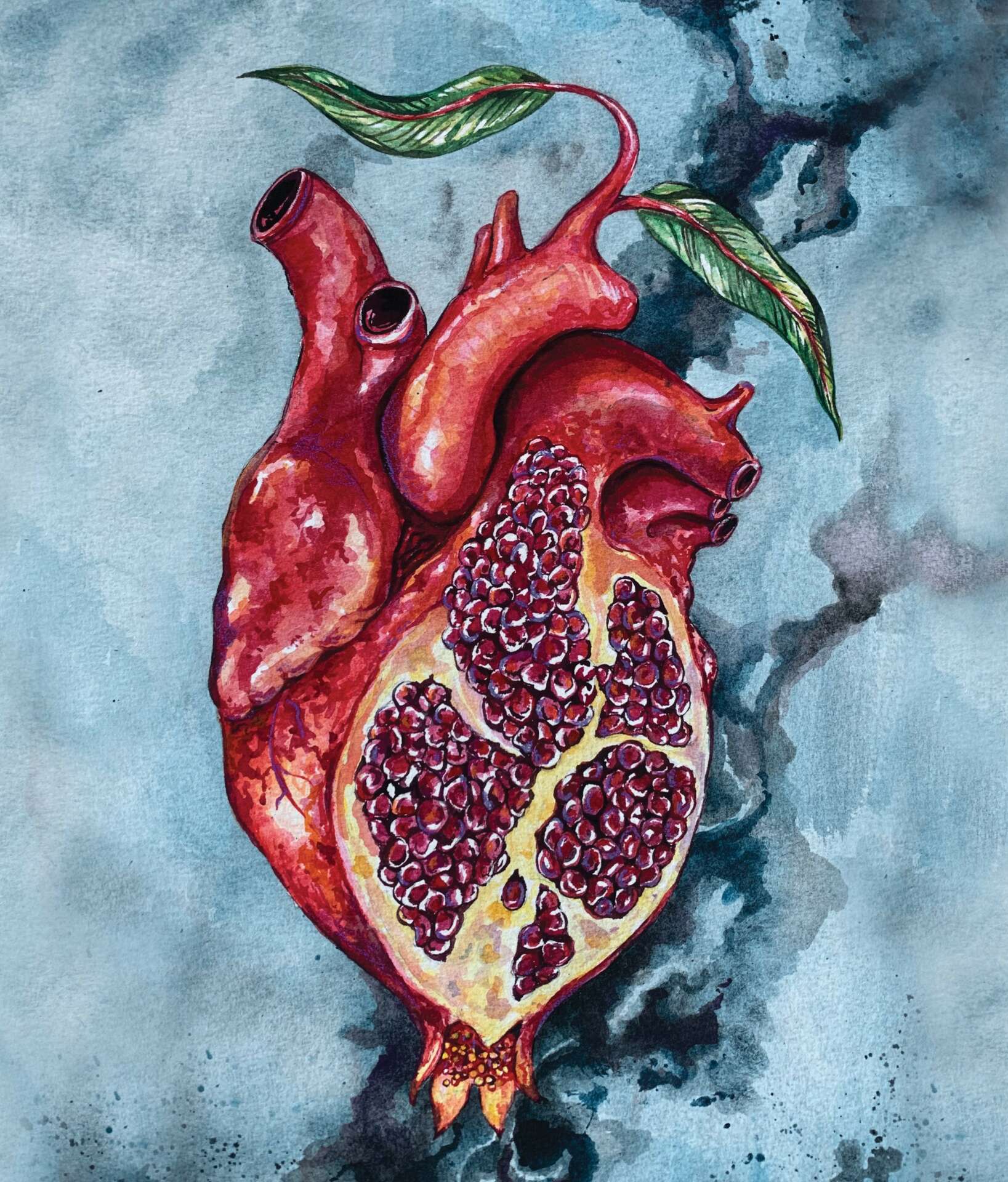
We’d love to hear your thoughts on NFTs. (Note: this is for education/entertainment purposes only, readers should not construe this as advice)
We’re entering a new frontier of art, with both NFTs and AI art. I’m cautiously optimistic. There is plenty to dislike about both, but I don’t think either will go away. I believe NFTs are ultimately going to change the way people look at and consume art, even more so with the introduction of AI. Uncomfortable as it may be, I believe artists are going to have to grow and adjust, but I don’t know what that looks like for me yet. I do not personally have any NFTs, but I might at some point. I’m exploring the possibilities of NFTs for my own work, however, for me to pursue them I want to create them in an ethical, environmentally friendly way that aligns with my personal values.
As far as AI art goes, I believe AI could be a valuable tool for artists, and I don’t necessarily feel threatened by it yet. However, the unfortunate truth is many artists are being harmed by it and are having their art stolen without consent to create these generators and that needs to change. Creatives need protection for their work, I don’t have a solution, I don’t know if a good one exists. AI is going to change the world for artists, art might be the latest victim of automation but I think fighting AI’s existence is a losing battle. Ultimately we won’t be able to halt progress. Artists will need to learn to coexist with AI, use it as a tool and hopefully create better art. Again, I’m not sure what that looks like for me- but I’m working on ideas.
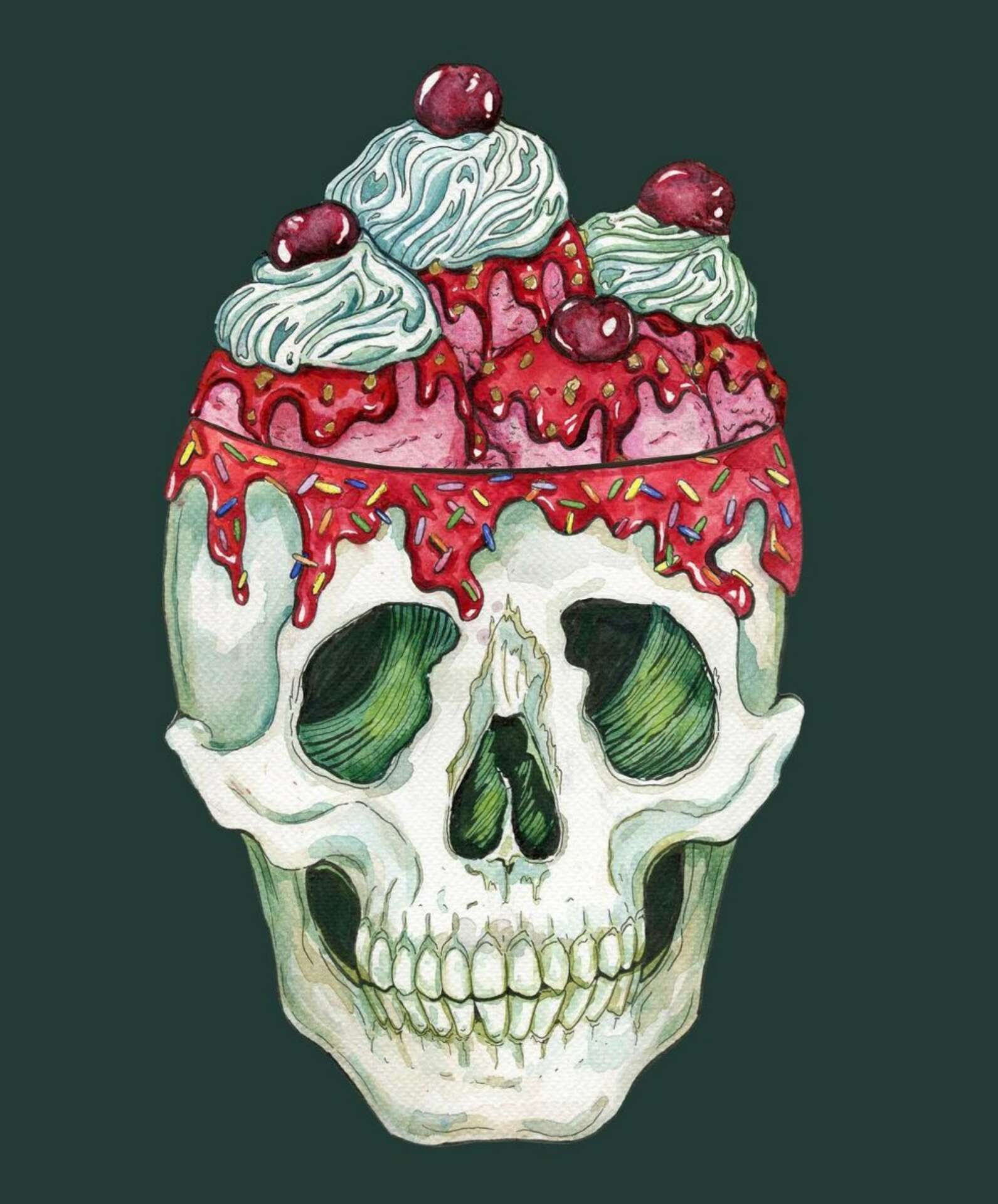
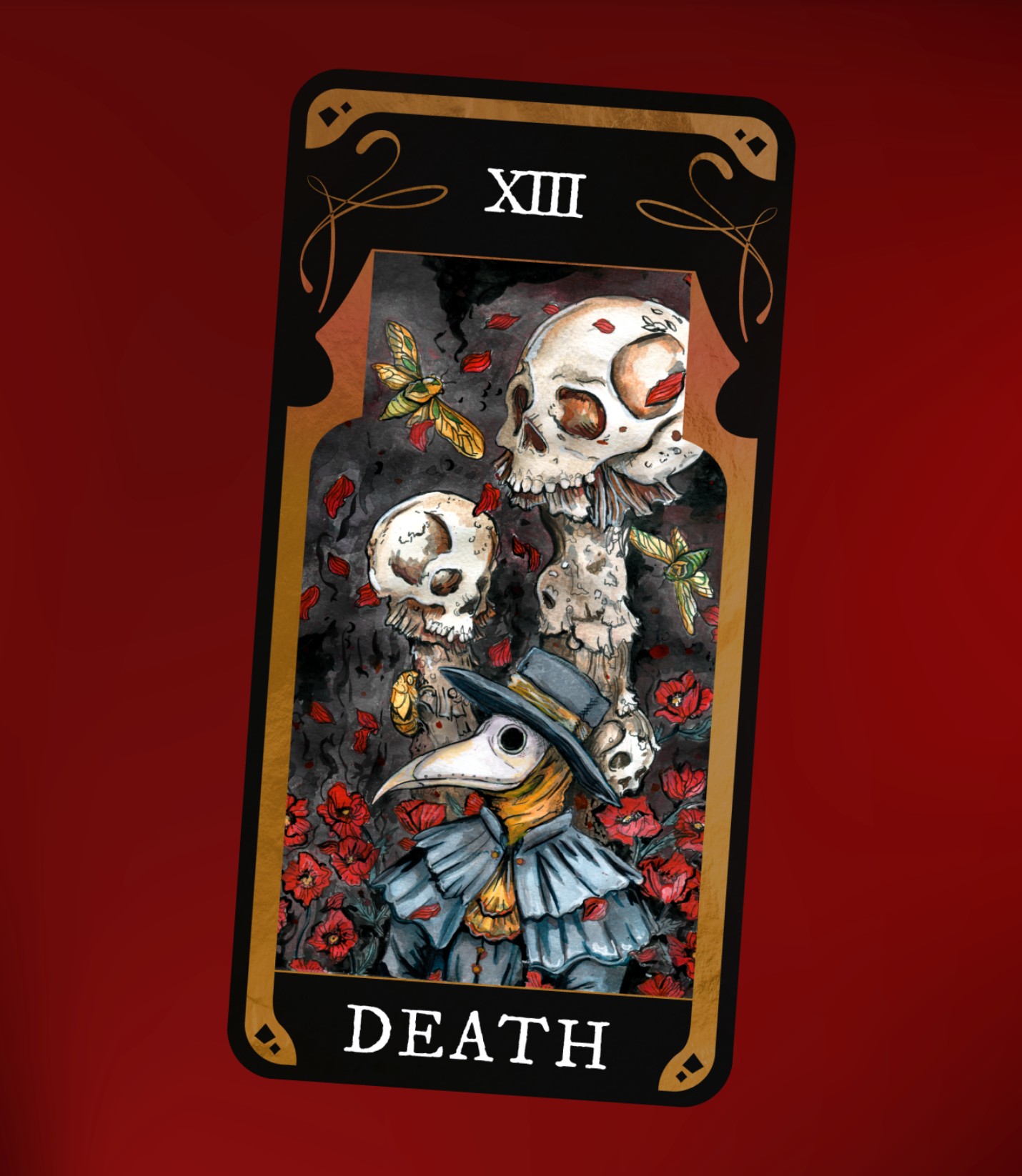
Contact Info:
- Website: https://becca.space/
- Instagram: https://www.instagram.com/becca.space/
- Twitter: https://mobile.twitter.com/caspurrito
Image Credits
Julia K Chase (feature photo)


